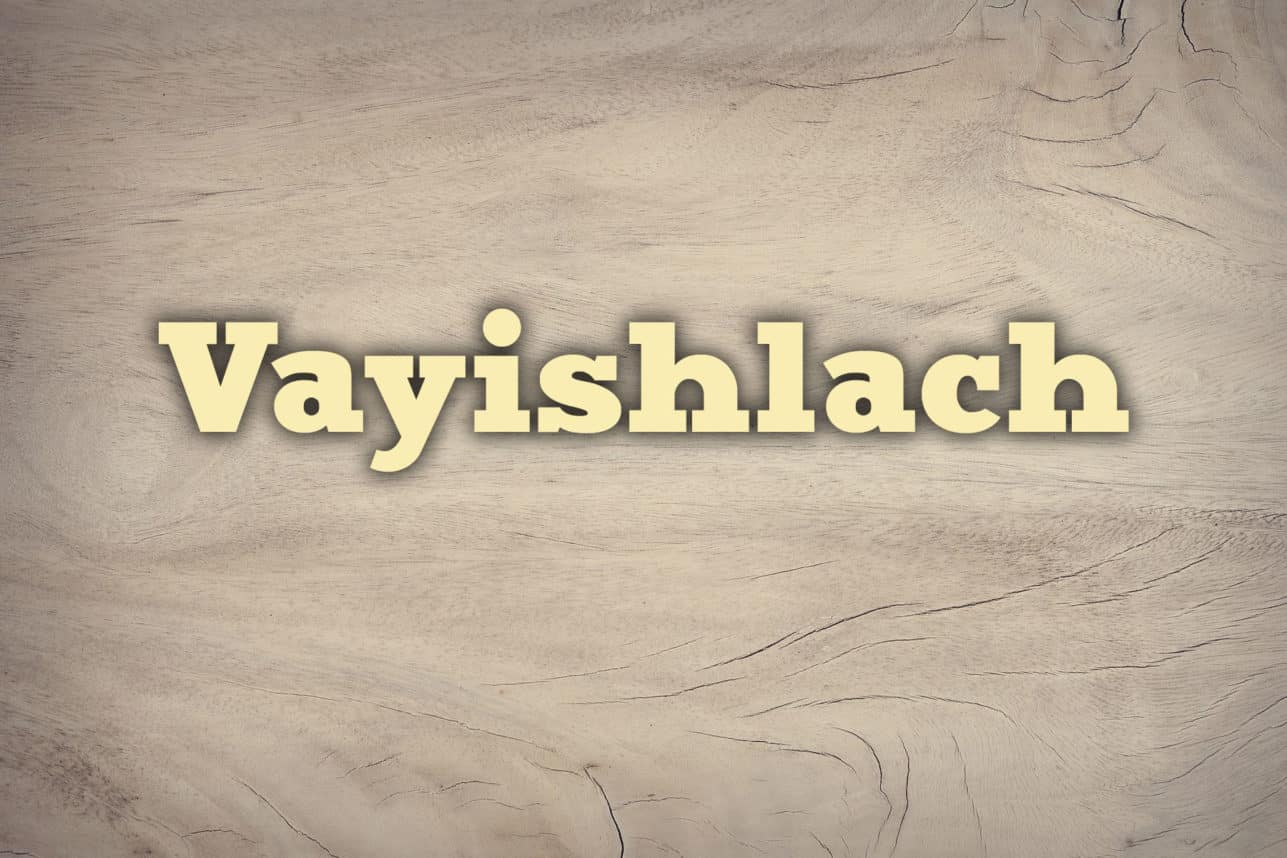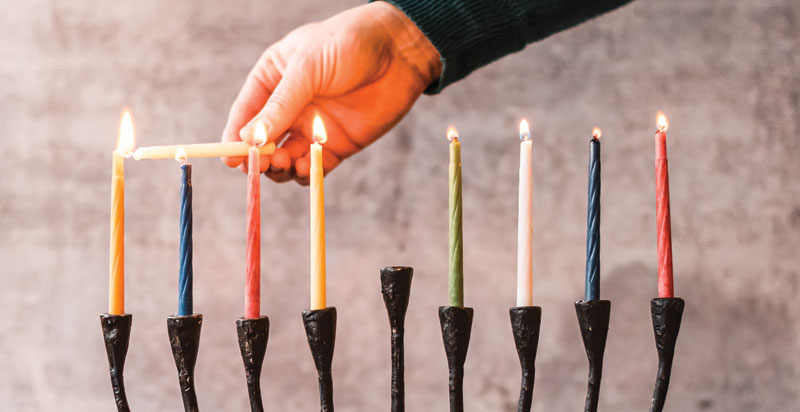By the time Itzhak Perlman and Cantor Yitzhak Meir Helfgot took the stage at the Hollywood Bowl Tuesday night, the 16,000 seat amphitheatre was nearly packed.
If you were Jewish, it was friends and neighbors night. There was so much schmoozing and waving, it was easy to mistake the concert for a day in synagogue.
“This counts for Rosh Hashanah,” one woman told me. “This is instead of going the first day.”
It kind of was. Cantor Helfgot is the virtuoso tenor at the Park East Synagogue in Manhattan. He is Orthodox, but no-kidding-around Orthodox, with the beard, the full black coat and tails, a large black kipa. How religious is he? He is just 44, and already a grandfather.
Perlman is Perlman. Yo Yo Ma. Schindlers List. Every symphony orchestra in the world. And, on occasion, klezmer.
The two were accompanied by members of the Klezmer Conservatory Orchestra, led by Hankus Netsky.
Netsky’s not young, but he is far younger than many if not most of the people in the audience. Years ago he took it upon his shoulders to revive and perform the Yiddish repertoire. With Perlman he created the album “Eternal Echoes,” on which the concert was based.
The concert was a blend of klezmer and liturgical music, Romanian dances and Psalms. The shabbas before the wedding, and the party after.
The klezmer was raucous, the crowd was subdued. Maybe it was the classical setting, the members of the L.A. Phil—Perlman called them his “classical mishpocha”—seated in stolid order on the stage. Maybe it was the jarring shifts between party music and prayers. Whatever it was, this was an audience of well-behaved Jews.
They didn’t dance in the aisles. They didn’t stand and dance in their seats. There was no between song toasts with schnapps, no smell of garlic and schmaltz in the air, no sweat, no stomping and no shouts. The music of the shtetl had made it to the big time, and so have we.
Instead of banquet tables of kichel and herring, there were picnic baskets of chicken breast and white wine. If Cantor Helfgot waved his hands to get the crowd clapping, they followed, but then soon stopped. The audiencesat, and listened, and applauded when each song was over.
The English translations of the Yiddish and Hebrew words appeared on the giant screens, turning them into the world’s most convenient prayer books.
I couldn’t help but think back to the composers and lyricists of these songs, the original players and singers, half-crazed, half-starved dreamers in their desperate villages, pouring their souls into the music, filling each note with the yearning for safety, for Zion, for salvation, for a meal. Men whose souls burned as bright as the full moon above the Bowl, who would have danced across the chairs, and grabbed and kissed the beautiful clarinetist, in her bright red dress.
But we are well-behaved now, polite. We laughed as Perlman kibitzed.
Netsky described one tune as particularly “catchy.”
“Did you say ‘catchy’ or ‘kvetchy’?” Perlman asked.
“Catchy and kvetchy describes a lot of Jewish music,” Netsky shot back.
The klezmer was catchy, but it didn’t catch. Somewhere between Poland and the Hollywood Hills, we settled down.
Cantor Helfgot's voice was transcendent, but few seemed to be transported—no tears, no “Oys! No cries of joy.
They ended with “My Yiddishe Mama,” and there was applause, but already people were heading for their cars in the neatly stacked parking. Perlman, who arrived on stage in an electric scooter, stayed seated in it throughout the performance. During teh final applause he made no pretense of driving off and then back on. With a bit of wicked humor, he told the crowd to imagine there had just been eight curtain calls, and the musicians would consent to an encore.
Then the cantor sang, “Adir Hu” in Hebrew. The English translation flashed on the screen– Rebuild Your house speedily, he sang– as people began heading home.























 More news and opinions than at a Shabbat dinner, right in your inbox.
More news and opinions than at a Shabbat dinner, right in your inbox.